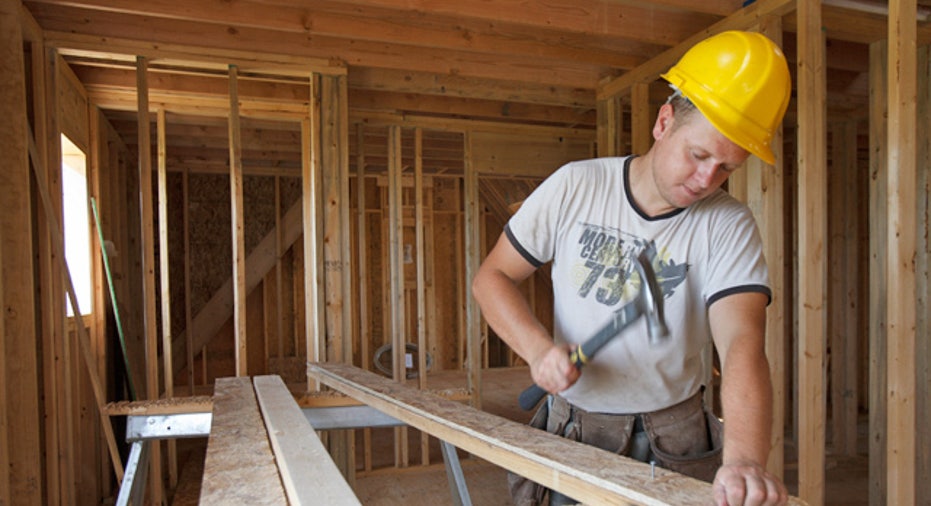How to Pick the Right Contractor

When it comes to hiring and working with contractors for home remodeling jobs, making mistakes can be costly.
“People think about remodeling projects for a very long time,” says Don Van Cura, board member at the National Association of the Remodeling Industry, a trade group for remodelers. “When they finally make up their mind, they want to go ahead and rush into it. It’s always good to slow down.”
Finalizing remodeling plans and saving enough to fund the upgrades can take awhile, so it’s understandable to want to get a project rolling as quickly as possible, but rushing the selection of a contractor can lead to major problems
Angie Hicks, founder of referral website Angie’s List, recommends homeowners do the same amount of research on potential contractors as they do when choosing a doctor.
“Find out who the trusted contractors are in your area and interview at least three before you decide on whom you might want to hire,” says Hicks. “Look for contractors who have long ties in the community and have the proper licenses and credentials. Then spend the time to get to know how they work. They’re going to be in your house for a while. You’re going to need to be comfortable with them and their crew.”
While customers should always get price estimates, they shouldn’t make their decision solely on cost, according to experts. The cheapest option can quickly end up being the most expensive if the work is done incorrectly or the materials used are of a poor quality, says Van Cura.
“Don’t evaluate the project on price, base it on the contractor,” he says. During the real estate bubble, many homeowners chose the contractor based on who offered the lowest price and ended up with poor work that needed to be redone.
Van Cura says homeowners should follow their gut and go with the person that spends time listening to their ideas, explains any methods and walks them through the different materials and options.
“Getting somebody you really want is going to be a little bit more expensive than going with a rookie,” says Van Cura. He adds that experienced contractors will not only provide better service and protection for the homeowners, but they are likely the ones that can’t do the job tomorrow. “If they are good, they are going to be busy.”
When choosing a contractor, experts suggest looking for signs specific signs of professionalism, including having workers compensation insurance. If a contractor can only produce a certificate of liability insurance, that could be a red flag. Liability insurance protects the contractor , workers comp insurance protects the homeowner if one of the workers gets hurt on the job. Without workers comp, the homeowner would have to foot the bill for any injuries, says Van Cura.
He also recommends asking candidates if they belong to a trade association of professional network. These groups are self-regulating, which means the contractor will have to adhere to certain standards and quality to be a member of the association.
After selecting a contractor, get all the details of the project, including materials and time frame in writing. According to Hicks, homeowners should ask for a contract that details everything “from what the project is, when the crew would arrive in the morning, payment terms, a termination clause and how you’ll deal with problems along the way.”
It’s also a good idea to never pay the whole cost of a project upfront. Hicks says it’s normal to pay around 30% at the start and then make payments as phases are complete. The final payment should be 10% to 20% of the job and shouldn’t be paid out until the homeowner is satisfied with the finished product, she says.



















